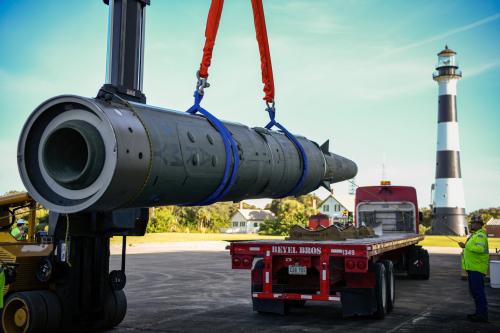Five years ago, the Chilean government posed a question: “What would happen if we could bring the best and brightest entrepreneurs from all around the globe and insert them into the local ecosystem?” The result was Start-Up Chile, an entirely government-funded initiative to revitalize Santiago’s economy by attracting new tech startups. The goal was to position Chile as the innovation and entrepreneurship hub of South America. So far the program has yielded positive effects for Santiago, now dubbed “Chilecon Valley”, prompting other Latin American countries to take note.
The beginning of “Chilecon Valley”
The idea of a government-funded startup incubator is not necessarily a new one, but Chile’s immigration policies and equity-free funding make Start-Up Chile especially appealing to entrepreneurs. Each round, 100 startups from all over the world are chosen for the six month program. Each receives $40,000 USD in equity free funding, a one year temporary visa, office space, and opportunities for mentoring and coaching. Chile also has one of the fastest incorporation rates in the world, allowing a new startup to incorporate in as little as one day.
In return, the budding startups must earn 4,000 “social capital points” by hosting workshops, mentoring local entrepreneurs, teaching classes, organizing hackathons—anything to engage the local population in entrepreneurship, tech, and innovation.
So far, more than 1,200 startups from 72 countries have graduated from Start-Up Chile’s accelerator program. Participants coming out of the program have raised over $100 million USD, and created more than 1,500 jobs. More than 200,000 Chileans have benefited from the community outreach initiatives organized by the companies.
A biotech startup called Hoope won the most recent Start-Up Chile Demo Day, where the top 20 startups from the program compete for the opportunity to fly to San Francisco and meet with potential investors to grow their network and business. Hoope is developing a revolutionary medical device that simultaneously detects syphilis, gonorrhea, chlamydia, and trichomoniasis in 30 seconds with 97% accuracy.
Another notable Start-Up Chile alumnus is Aventones, a Mexican company that facilitates city-to-city ridesharing. Aventones, the most successful ridesharing platform in Latin America, was recently acquired by French BlaBlaCar, a similar ridesharing platform that serves over 10 million users in over 18 countries.
Growing pains for Start-Up Chile
Despite Start-Up Chile’s success, no innovative government program comes without its growing pains. Mainly, Start-Up Chile has faced a shortage of local venture capitalists and has struggled to retain the program’s participants in Santiago. As many as 80% of Start-Up Chile participants leave Santiago after the six month program, a large portion moving on to the United States. Additionally, as much as 85% of the funding Start-Up Chile raised has come from abroad, mainly from the U.S.
“We are a start-up for start-ups,” executive director Horacio Melo explained. “We have to pivot and grow just like the start-ups in our program because we are a start-up too.”
Start-Up Chile’s new initiative, SCALE, serves to address both of these issues. Through the follow-on fund, Start-Up Chile will offer about $100,000 USD in new financing to three graduates per batch of 30 upon completion of the three-month program. Just like the accelerator, the SCALE funding is equity-free. The recipients must incorporate in Chile and assume business operations there.
The key to promote, attract, and retain startups in Latin America is to take advantage of a nation’s strengths and to fill in the gaps with government initiatives. For example, Chile has business-friendly regulations, efficient immigration policies, and a relatively stable economy. However, Chile did not have a substantial entrepreneurial spirit amongst its young people and Santiago was not a very international city. Their government program used its strengths to attract needed international talent while requiring them to organize community outreach activities. Latin America as a whole has also worked to loosen international trading regulations as startups become more global and interconnected; the Pacific Alliance is one example.
While the costs of living and running a business are rising in the U.S. and Europe, labor and working space are still relatively cheap in up-and-coming South American startup hubs. These startup accelerator initiatives combine with business-friendly regulations and tax incentives to make cities like Santiago, Bogotá, Monterrey, and Lima ideal for entrepreneurs.
Alice Barsky contributed to this post. Her sister worked at
ZenHub
, a startup participating in Start-Up Chile.
The Brookings Institution is committed to quality, independence, and impact.
We are supported by a diverse array of funders. In line with our values and policies, each Brookings publication represents the sole views of its author(s).



Commentary
Start-Up Chile: A “start-up for start-ups” in Chilecon Valley
August 19, 2015